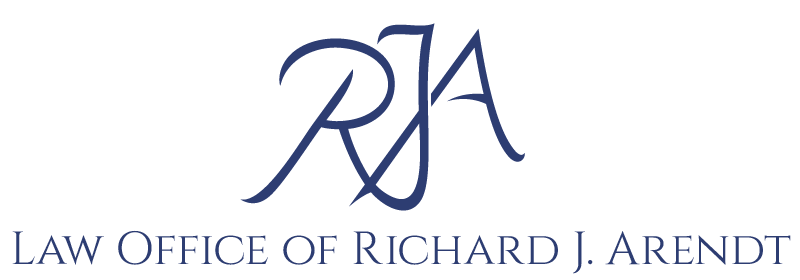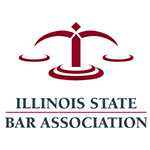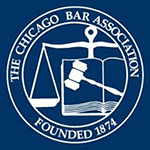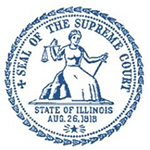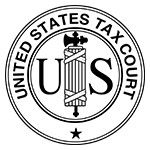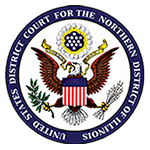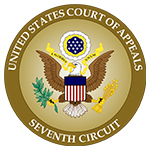The intricate maze of Federal and State environmental laws can make compliance a difficult task. Ecological regulations exist at nearly every level of government. The Federal Environmental Protection Agency (EPA ) provides a PDF the explains the Small Business Compliance Policy. You may review it here. https://www.govinfo.gov/content/pkg/FR-2000-04-11/pdf/00-8955.pdf
Depending on the nature of your business, there are a variety of environmental laws and complex procedural and registration requirements to keep your business in good standing. Below are several areas of environmental law that most companies expect to address:
The Clean Water Act affects businesses that discharge wastewater to surface water or a municipal sewer and requires them to apply for a permit. The Clean Water Act is a U.S. federal law that regulates the discharge of pollutants into the nation’s surface waters, including lakes, rivers, streams, wetlands, and coastal areas. The Clean Water Act does not directly address groundwater contamination. Groundwater protection provisions exist in the Safe Drinking Water Act and the Superfund act.
The Safe Drinking Water Act Protecting America’s drinking water is a top priority for EPA. EPA has established protective drinking water standards for more than 90 contaminants, including drinking water regulations issued since the 1996 amendments to the Safe Drinking Water Act that strengthen public health protection. Over 92 percent of the population supplied by community water systems receives drinking water that meets all health-based standards all of the time.
The Superfund Act – otherwise known as the Comprehensive Environmental Response, Compensation, and Liability Act (Superfund) The official text of the CERCLA is available in the United States Code, from the U.S. Government Printing Office.
Comprehensive Environmental Response, Compensation, and Liability Act — otherwise known as CERCLA or Superfund — provides a Federal “Superfund” to clean up uncontrolled or abandoned hazardous-waste sites as well as accidents, spills, and other emergency releases of pollutants and contaminants into the environment. Through CERCLA, EPA has the power to seek out those parties responsible for any release and assure their cooperation in the cleanup.
Endangered Species Act requires businesses to acquire a permit from other federal agencies if their business activities affect threatened or endangered species. The U.S. Fish and Wildlife Service, the National Oceanic and Atmospheric Administration’s National Marine Fisheries Services, or the Illinois Department of Natural Resources issue these permits, depending on the species involved.
Resource Conservation and Recovery Act manages hazardous waste from beginning to end. This law regulates the creation, transportation, treatment, storage, and disposal of hazardous wastes. If your business is creating or disposing of hazardous waste, you will need a permit from the Illinois Department of Natural Resources or the EPA.
The Toxic Substances Control Act provides EPA with authority to require reporting, record-keeping, testing requirements, and restrictions  relating to chemical substances and mixtures. The TSCA excludes certain substances, including, among others, food, drugs, cosmetics, and pesticides. TSCA addresses the production, importation, use, and disposal of specific chemicals, including polychlorinated biphenyls (PCBs), asbestos, radon, and lead-based paint.
relating to chemical substances and mixtures. The TSCA excludes certain substances, including, among others, food, drugs, cosmetics, and pesticides. TSCA addresses the production, importation, use, and disposal of specific chemicals, including polychlorinated biphenyls (PCBs), asbestos, radon, and lead-based paint.
Federal Food, Drug, and Cosmetic Act (FFDCA) authorize EPA to set tolerances, or maximum residue limits, for pesticide residues on foods. In the absence of a tolerance for a pesticide residue, food containing such a residue is subject to government seizure. Once tolerance is established, the residue level intolerance is the trigger for enforcement actions. That is, if residues are above that level, the commodity will be subject to seizure.
The Food Quality Protection Act (FQPA) was passed unanimously by Congress and then signed  into law by President Clinton on August 3, 1996. The FQPA amended the Federal Insecticide, Fungicide, and Rodenticide Act (FIFRA) and the Federal Food Drug and Cosmetic Act (FFDCA) and fundamentally changed EPA’s regulation of pesticides.
into law by President Clinton on August 3, 1996. The FQPA amended the Federal Insecticide, Fungicide, and Rodenticide Act (FIFRA) and the Federal Food Drug and Cosmetic Act (FFDCA) and fundamentally changed EPA’s regulation of pesticides.
Our law firm represents clients in the greater Chicagoland area and the following Counties: Boone County. Cook County, Du Page County, Lake County, McHenry County, Kane County, and Will County. You may call us to schedule an initial consultation at (312) 642-9606 or visit us at https://rjarendtlaw.com/
